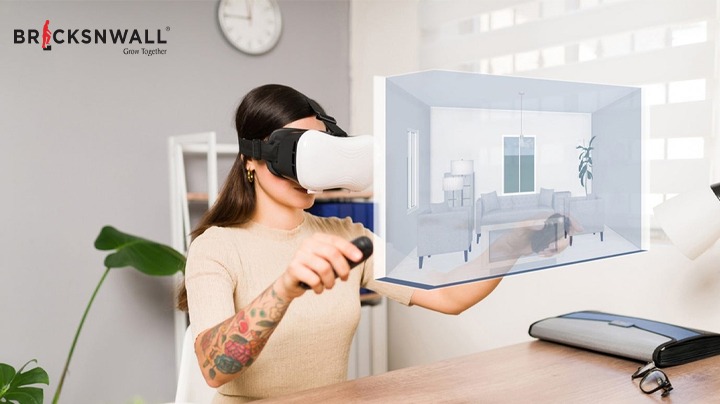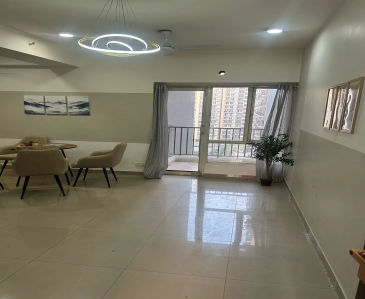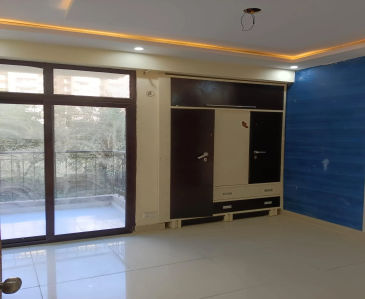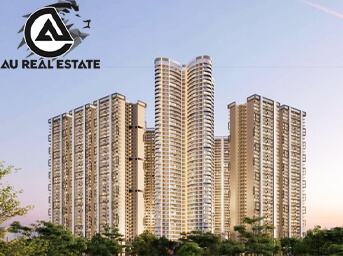Impact of virtual reality on real estate sector
Bricksnwall Trusted Experts

The Indian real estate market has seen a seismic upheaval over the past ten years, with significant gains earned by both developers and homebuyers. The rise of real estate has been further fueled by technological advancements. Furthermore, as investors and consumers continue to pour money into the industry, Virtual Reality (VR) is becoming more and more prevalent, and the future of this technology seems bright.
The application of virtual reality (VR) in the
Indian real estate market has resulted in significant improvements. By removing
physical and geographic constraints, VR makes the process of purchasing a home
less difficult and more accessible. VR creates a win-win situation for
properties that are still under construction by providing potential buyers with
a more accurate picture of the development's speed and advancement. As a
result, the medium becomes more immersive and engaging. Creatively speaking,
there is space for VR experimentation where everything from paints to
furnishings may be altered to create a "near reality" experience.
Homebuyers can have a more realistic and immersive
experience with the property by donning VR headsets. PWC's "Seeing is Believing"
report states that virtual reality (VR) and augmented reality (AR) are
predicted to improve the home-buying experience by acting as a virtual
intermediary between developers and purchasers. According to the estimate, by
2030, VR and related technologies might boost the world economy by $1.5
trillion.
Among the revolutionary shifts brought about by VR are:
Simpler procedure for choosing
The most obvious benefit of VR is that it saves time because it allows for an immersive experience from any location at any time. Investors and homeowners are able to evaluate the property more thoroughly in light of their needs and goals, and they are given a more "realistic" impression of it. When compared to simply perusing a print or online brochure, this receives a higher rating.
Benefit for teamwork and well-informed decision-making
Homebuyers and investors have the option to arrange virtual meetings with agents, clients, developers, and house sellers to negotiate and settle deals instead of going to the real estate agent's office. This allows them to make educated decisions in real time. VR also offers a transparent and open platform for conversation, as well as filtering properties for clients to quickly examine them. NRI investors, who might not have time to physically check homes, are also very popular.
Mobile customization
By drawing in designers and architects, virtual reality has also had an effect on the real estate industry's creative side. By using VR, these experts may use their specifications to produce multiple virtual solutions for potential clients, which streamlines the entire design process. Without drawing a real blueprint, experts can, for instance, reconstruct rooms, design lobbies, and even move staircases and open spaces in accordance with the preferences of their clients, saving both money and time.
Because VR tours are engaging, they improve investors' and purchasers' recall value. This is why they have become so popular. This technology has a bright future since it gives developers a competitive advantage, provides clients with a range of options, and sets the standard for quality.
Virtual reality (VR) has the potential to
revolutionize real estate investing by facilitating seamless integration and
creating immersive experiences for both buyers and investors.
- Virtual reality (VR) is utilized in the real estate sector to assist potential buyers visualize properties and make open houses available around the clock. Virtual reality can also assist in decreasing expenses and streamlining processes.
- Excessive time spent in VR settings may lead to social isolation, weakened existing relationships, and impede the development of critical social skills. Furthermore, the immersive aspect of VR raises worries about addiction, which affects mental health and overall well-being.
- Real estate investments always provide quick and big returns. Property is not a "get rich quick" investment option. Reality: While real estate is a dependable investment, it is important to recognize that growth might take time.




